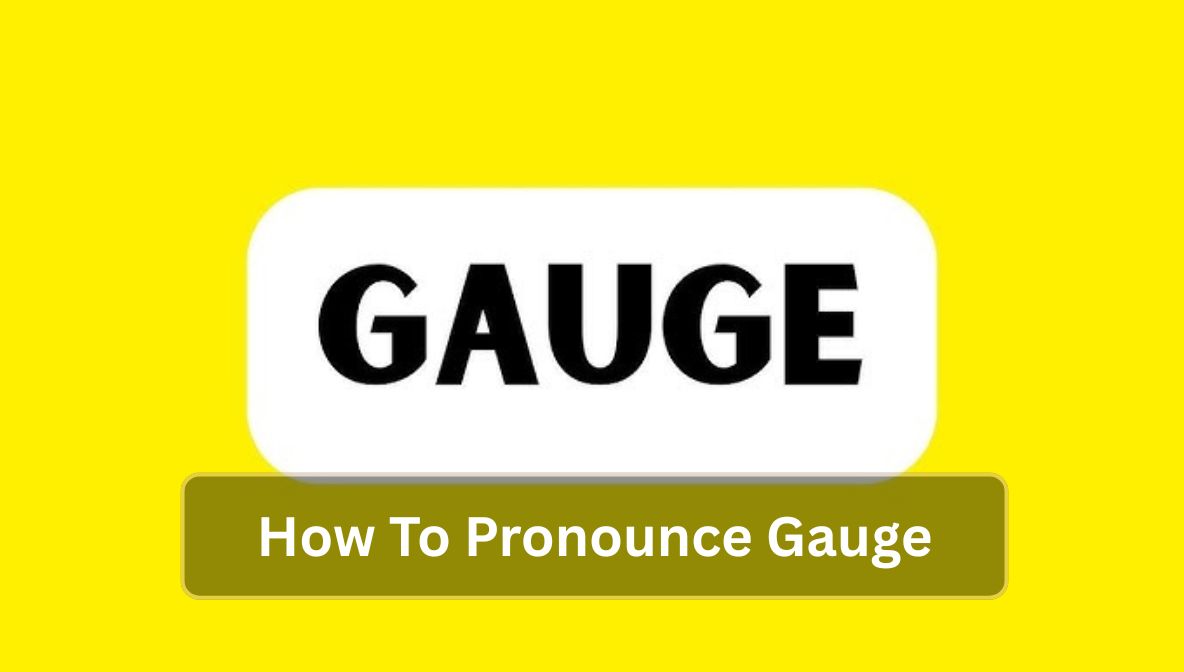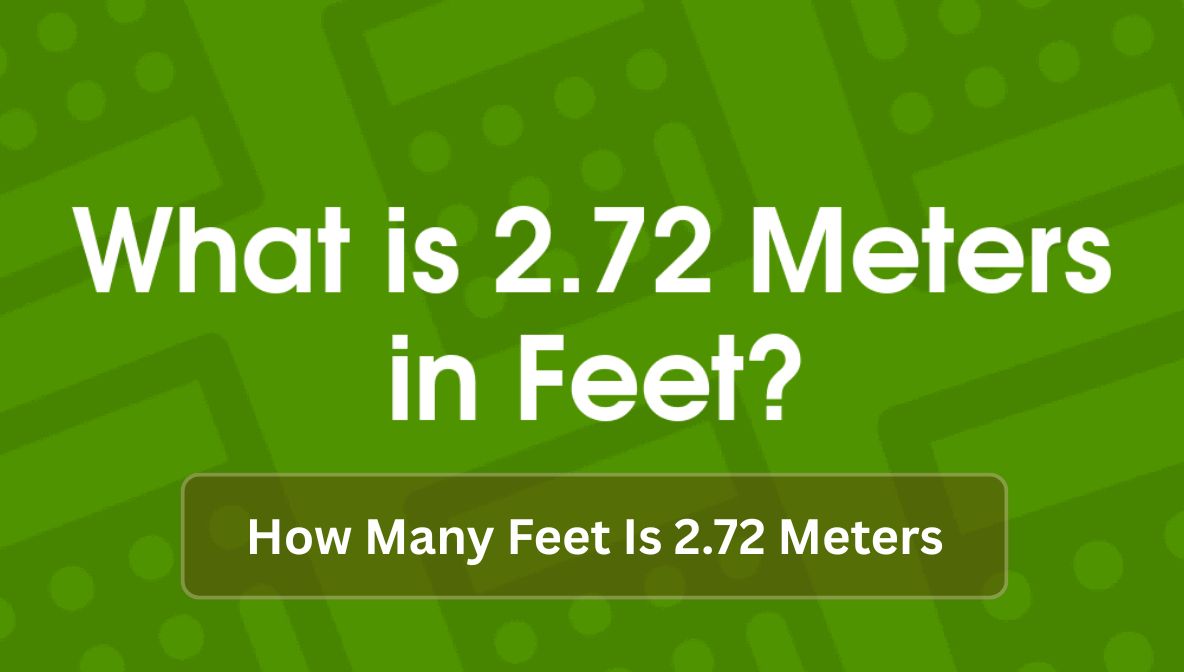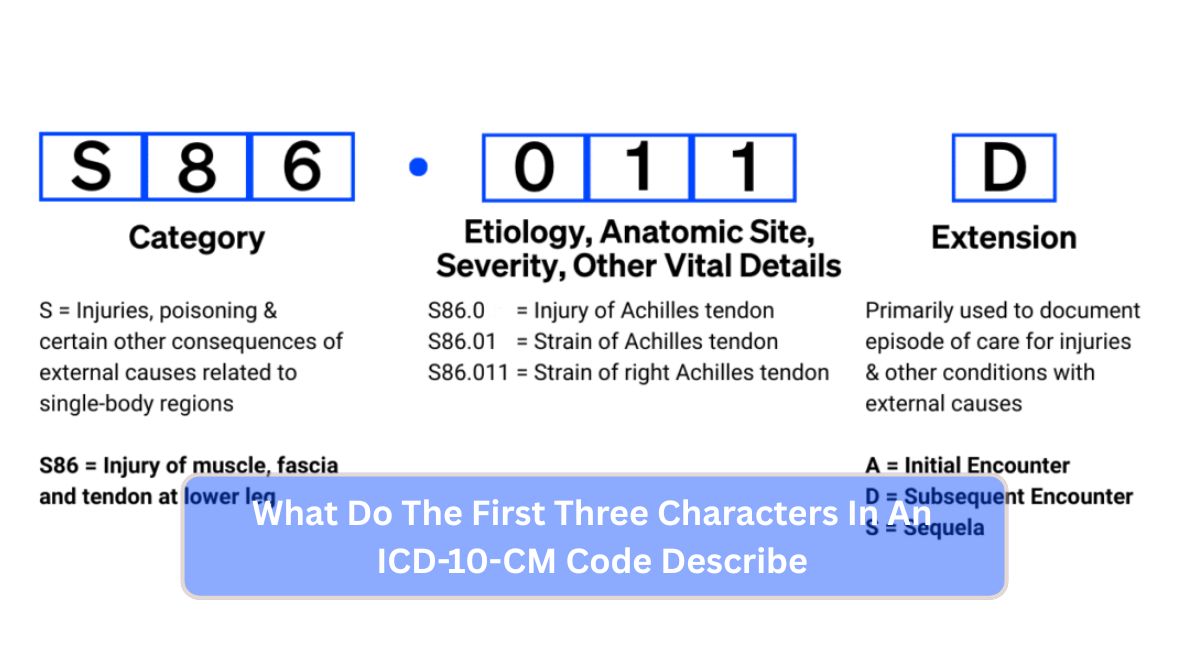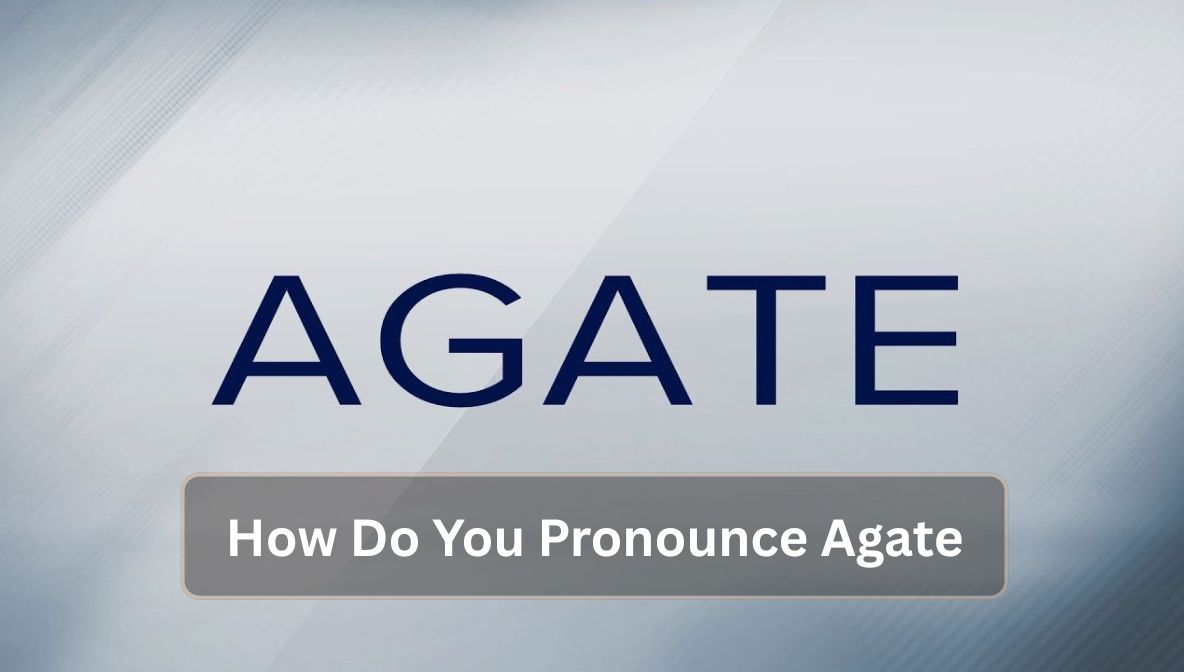Many people come across the word “gauge” in different areas such as measurements, vehicles, or even in clothing sizes. But when it comes to saying it out loud, they often hesitate or mispronounce it. If you’ve ever wondered how to pronounce “gauge” properly, you’re not alone. This word can be confusing because its spelling doesn’t seem to match how it sounds.
In this blog post, we will explore the correct pronunciation of the word “gauge,” why it might be confusing, and how you can remember its pronunciation more easily. We’ll also provide comparisons, examples, and common questions people ask about the word.
Key Points:
- Gauge is pronounced as /geyj/ (like “gāje”).
- It’s often mispronounced due to unusual spelling.
- Used in multiple contexts like measurement, tools, and clothing.
What Is The Correct Way To Pronounce Gauge?
The correct pronunciation of “gauge” is /geyj/, which sounds like “gāje.” It rhymes with words like “cage” and “page.” Even though it’s spelled with a “g-a-u,” it does not sound like “ga-oo-ge” or “gog.” This is because English has many irregular spellings due to its mix of Latin, French, and Germanic roots.
Here’s a comparison chart to help you:
| Word | Spelling | Pronunciation | Rhymes With |
|---|---|---|---|
| Gauge | gauge | /geyj/ | cage, page |
| Gag | gag | /gæg/ | tag, bag |
| Gauge (wrong) | ga-oo-ge | Not correct | — |
To practice saying it:
- Break it into one syllable: GĀJE
- Think of the word “page,” but start with a “g”
Reminder: Even native English speakers sometimes get this wrong because of how it’s spelled.
Why Is The Word Gauge So Hard To Pronounce?
The confusion around the pronunciation of “gauge” comes mainly from its unusual spelling. In English, we often expect letters to make certain sounds, but “gauge” breaks those expectations.
Let’s break it down:
- The “g” at the beginning is common and sounds like the “g” in “go.”
- The “a-u” combination is where things get tricky. Normally, you’d expect something like “aw” as in “cause,” but in this case, it’s silent and blends into the “g.”
- The ending “-ge” sounds like a soft “j,” not like the hard “g” in “give.”
Another reason for the confusion is that “gauge” comes from Old French “gauge,” meaning to measure. The French origin plays a role in the softer sound.
Example Sentences:
- Can you check the tire gauge?
- The fuel gauge is showing empty.
- What gauge of wire do we need?
Note: The spelling of a word in English does not always reflect how it’s pronounced.
What Are Some Common Mispronunciations Of Gauge?
It’s very common for people to mispronounce “gauge” the first time they see it. Here are some frequent mistakes:
- Saying “gowg”
- Saying “gag-you”
- Saying “gog”
These mispronunciations often happen when someone tries to sound out the word exactly how it looks. But as we’ve seen, English is not always phonetic.
Mispronunciation Comparison Table:
| Mispronunciation | Why It’s Wrong | Correct Sound |
| Gowg | Overemphasizes “au” and hard “g” | Gāje |
| Gag-you | Adds extra syllables | Gāje |
| Gog | Ignores final “-ge” sound | Gāje |
Try this instead:
- Say the word “gauge” out loud while looking in a mirror.
- Record yourself and compare it to a pronunciation video or dictionary tool.
How Is Gauge Used In Sentences Or Contexts?
Understanding how “gauge” is used can also help reinforce its pronunciation. This word can be both a noun and a verb, and it has many applications.
As A Noun:
- A device for measuring (e.g., pressure gauge, fuel gauge)
- A standard size or amount (e.g., wire gauge, needle gauge)
As A Verb:
- To measure or estimate something (e.g., “I can’t gauge his mood.”)
Example Sentences:
- The mechanic used a pressure gauge to check the tire.
- Use the right gauge of knitting needle for that yarn.
- I couldn’t gauge whether he was happy or annoyed.
By reading sentences like these aloud, you’ll naturally become more comfortable saying the word “gauge.”
How Can I Practice The Pronunciation Of Gauge?
Practicing pronunciation is key, especially for tricky words like “gauge.” Here are some effective ways:
- Use a pronunciation app or tool. Many free tools will say the word aloud for you and allow you to mimic it.
- Practice with rhyming words. Saying “cage,” “page,” and “gauge” together can help your brain lock in the sound.
- Use it in conversations. The more you use the word, the easier it becomes.
- Break the word into sounds. Think “Gāje” instead of “gauge.”
- Watch YouTube pronunciation videos for visual and audio learning.
Pronunciation Drill Example:
- Cage, page, gauge (repeat 5 times)
- “Can you check the gauge?”
- “This gauge is broken.”
- “What gauge wire should I buy?”
Reminder: Repetition is the best way to build muscle memory for correct pronunciation.
Conclusion
The word “gauge” may look complicated, but its pronunciation is actually quite simple once you get the hang of it. It’s pronounced as /geyj/ or “gāje,” and it rhymes with familiar words like “page” and “cage.” The spelling may throw you off, but by understanding its origin, common usage, and practicing with similar words, you can pronounce it correctly every time.
Remember, many English words do not sound how they look. Learning the right pronunciation not only helps you speak more clearly but also boosts your confidence in conversation.
FAQ’s
1. What is the correct pronunciation of “gauge”?
The correct pronunciation is /geyj/ or “gāje.”
2. Why is “gauge” pronounced differently than it’s spelled?
It has French origins, which influence its spelling and sound.
3. What does the word “gauge” mean?
It can mean a measuring tool, a size standard, or the act of estimating something.
4. Are there words that rhyme with “gauge”?
Yes, words like “cage,” “page,” and “rage” rhyme with “gauge.”
5. How can I improve my pronunciation of tricky words like “gauge”?
Practice with pronunciation tools, use rhyming exercises, and repeat sentences aloud daily.




